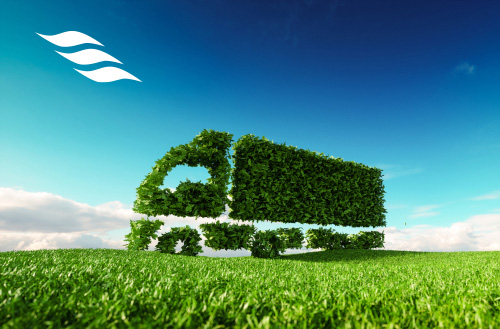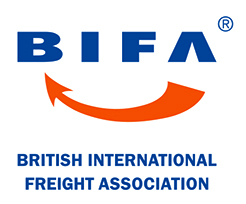As we know, focus on sustainability is a worldwide conversation, with the 2015 Paris agreement setting the goal to bring global warming to below 2 degrees celsius. This drive towards net – zero will obviously become a prominent part of future logistics planning.
This strive to be more sustainable will affect everything from the construction of warehouses, to the day to day operations of your business. There will be a need to include greener, renewable energy technology to supply buildings and even the possibility of electric delivery vehicles.
The ongoing threat of pollution will play a major part in future transport developments, with Clean Air Zones (CAZs) continuing to be rolled out in major cities across the UK the Logistics sector will need to respond accordingly to meet expectations and pressures. Interim solutions could mean emission purifying technologies until a more long term solution can be sought.
The ongoing pandemic has forced the introduction of more automated technology and processes. This gives companies the ability to expand into areas where jobs are more difficult to fill or where automation can improve efficiency, for example the use of automated forklifts can reduce the risk of injury and increase efficiency which will in turn offer improved sustainability. Of course, with the amount of vehicles used in logistics and supply chain management, it makes sense to make changes in any area possible, the inevitable implementation of electric vehicles will mean transporting cargo with lower emissions.
Warehouse processes will also be an area in which some substantial change can be made. With the notable phrase ‘Reduce, Reuse, Recycle’ businesses can make use of recyclable and reusable packaging, as well as reusing pallets and containers and recycling cardboard, metals and papers. Becoming circular is now the aim for many well known companies such as Ikea, who are aiming to design 100% circular products and supply chain by 2030.
Though implementing sustainable practices may come at an expense, the reward will be worth the cost. You will instill a deeper sense of trust with your customers and attract new customers who are seeking a logistics company with values and that is taking action to protect the future of our planet. Sustainability planning can only encourage your business to thrive especially as customers increasingly acquire an affinity for protecting the environment for future generations.





